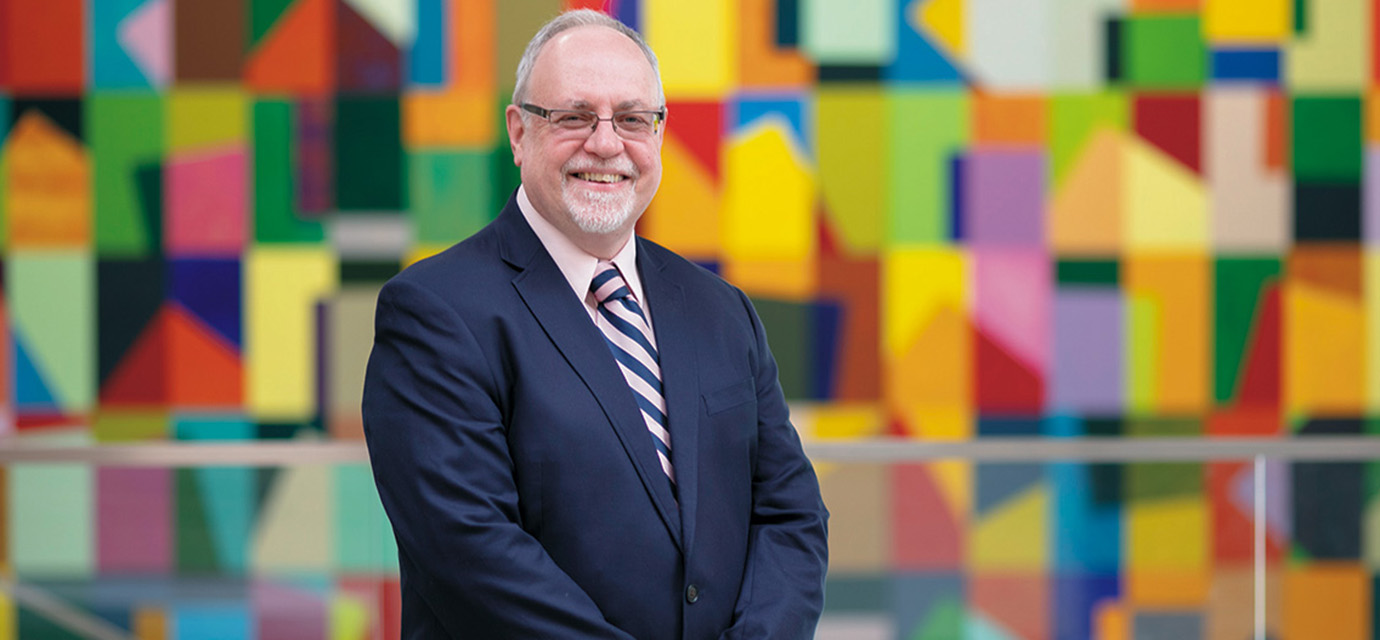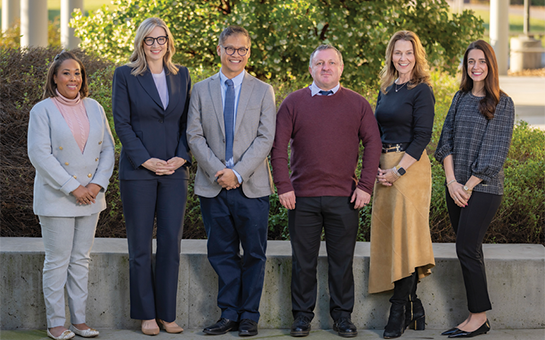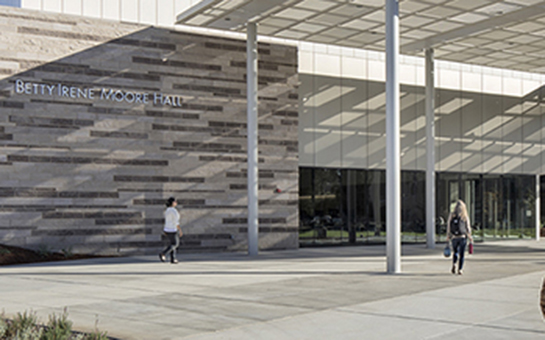At the Betty Irene Moore School of Nursing at UC Davis, we don’t just prepare nurses, advanced practice providers and researchers — we prepare leaders, change agents and innovators. As health care rapidly evolves, we redefine education to meet the moment and anticipate the future to ensure our graduates are not only ready to enter the workforce but also equipped to transform it.
A critical element is fostering a new generation of health care professionals who can navigate complex systems, drive meaningful change and advocate for patients in every community.
Expanding access and addressing workforce shortages
One of the most pressing challenges in health care today is the shortage of highly skilled providers. To address this, we are launching our new Doctor of Nursing Practice — Nurse Anesthesia Degree program. It is the first to develop Certified Registered Nurse Anesthetists (CRNAs) for the UC system, and the sixth in the state.
This program is designed with a dual purpose: to serve the needs of our growing academic health system and the new 48X Complex, while also increasing access to care in underserved and rural areas.
Addressing the mental health crisis through workforce expansion
More than 50% of people with mental illness in our state are not receiving psychiatric care. In response, we lead the UC Psychiatric Mental Health Nurse Practitioner Certificate Program to expand the number of trained mental health professionals. The first 30-plus students under our leadership graduate this June.
This partnership with nursing schools at UCSF, UCLA and UC Irvine equips advanced practice nurses with specialized skills needed to address mental health challenges in their communities. By leveraging our statewide network, we make a direct and measurable impact on access.
Advancing health equity through curriculum innovation
At the heart of our work is a deep commitment to health equity. We reimagine health care education to ensure graduates are not just skilled clinicians but also advocates for the patients they serve. Our curriculum incorporates simulations that allow students to experience firsthand the barriers many individuals face in accessing care.
In March, our entry-level nursing students participated in a Community Action Poverty Simulation. Given a role to play and tasked with surviving a month, students gain a deeper understanding of the social determinants of health and the challenges of often-fragmented care systems.
Celebrating innovation in education: The DNP-FNP program
This June we celebrate the graduation of the inaugural cohort of our Doctor of Nursing Practice — Family Nurse Practitioner (DNP-FNP) program. Many graduates will remain in their home communities, expanding access to high-quality primary care in regions that need it most. They join our PA alumni and graduates of the Primary Care Advanced Practice Provider Fellowship who choose to serve in underserved areas.
Our unwavering commitment to the future of education
As external forces shift and challenges emerge, our focus remains clear: to prepare a highly skilled, compassionate and innovative health care workforce that can meet the demands of the future.
We reaffirm our commitment to health care excellence and equity for all — because no matter the challenges ahead, the role of clinicians, providers and scientists as healers, advocates and leaders has never been more vital.
We also remain committed to fostering an inclusive learning environment — one that values diversity and ensures that students from all backgrounds can thrive. A diverse workforce is a stronger workforce and it is essential for achieving health equity.




